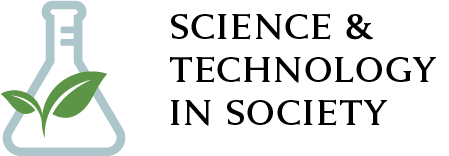If we’re living through the emergence of a highly disruptive technology, namely Chat-GPT and similar generative AI tools, what should we do about it?

Christopher Stubbs & Logan S. McCarty
Generative artificial intelligence (GAI) systems such as Chat-GPT have caught the entire world off-guard. They are evolving at a pace that is overwhelming the ability of individuals, organizations, and societies to understand, adjust to, and regulate them. Current-generation GAI tools can write narrative and music, can generate original art, and can write computer programs, all from natural language requests.... Read more about Rise of the Machines? Understanding and Using Generative AI (Gen Ed 1188)